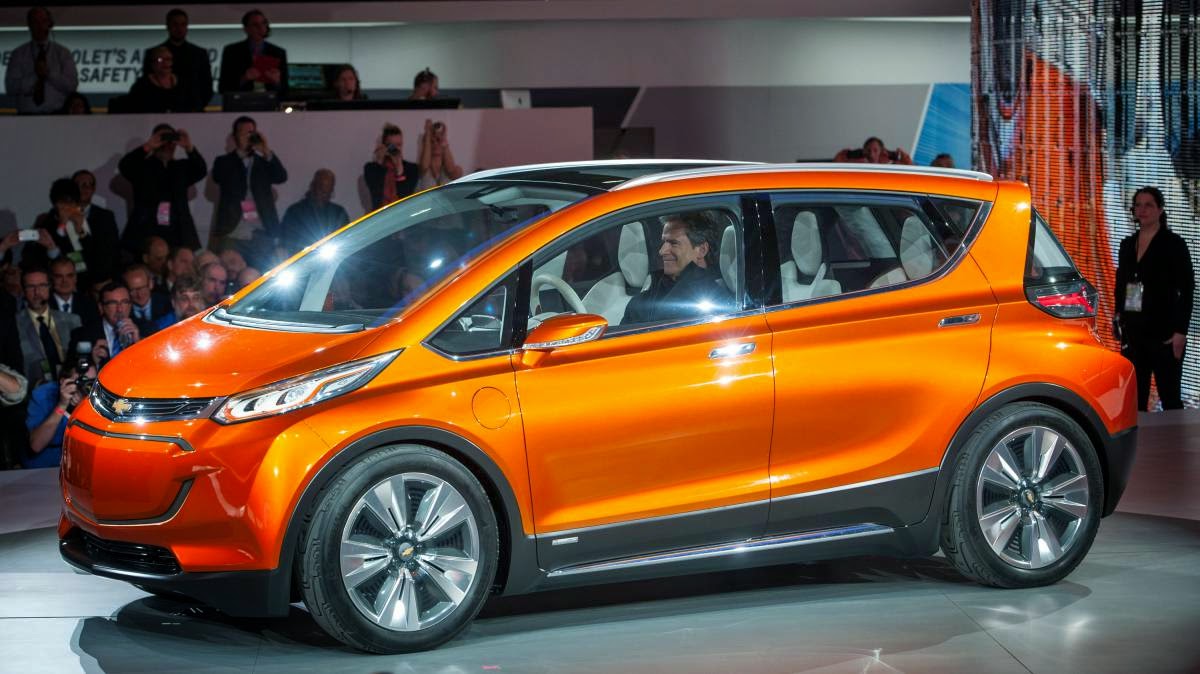Update: That powerful bore whose mouth runs on fossil fuel got his comeuppance after becoming physical with a BBC producer on location for failing to cater his favorite bangers or fish and chips or scones. He has been suspended pending inquiry and BBC will not air the remaining episodes of the current season. Mr. Clarkson was on "his final warning" from the corporation. Anybody can be replaced, anybody. He joked lamely to reporters, "I am just off to the job center." Yes, Mr. Clarkson you may need to be off despite 400,000 twits desperate for entertainment. And get a wombat to keep company.
{21.01.15}US Person considered inaugurating a semi-regular feature about developments in personal transportation, titled "Ask Captain Buffeting", but then decided not, since the reference to televised buffoonery was too obscure. By the way Helsinki and Reykjavik are both farther north than St. Petersburg. US Person knows "many things" more than some powerful TV bores!
Now the news. What is not obscure is that low gas prices are changing the math for potential buyers of electric vehicles. Significantly the Current Occupant made no mention of the previously announced (2011) goal of 1 million electric cars by 2015. The US is nowhere near that level. Given a manipulated price for fossil fuels, that parameter is not surprising to US, but then he only eats nuts, right? According to the latest market statistics there are about 280,000 electric cars sold here. At 1980 prices for gas and no new subsidies coming from an oil-soaked Congress the relief our Earth needs from combusting fossil fuels is receding farther into the future. One market association estimates that each 10¢ drop in gas price equates to a 1% decrease in the number of consumers willing to consider alternative-fuel vehicles. At least policy makers can insist that fossil fuel vehicles get much better mileage than they do now. The potential for even more efficiency than 54.5mpg is possible given new technologies.
Limited electric vehicle range is still perceived as a problem by consumers. One reason for that perception is consumers are acustomed to owning one personal vehicle that can be driven short distances in town and long distances on the highway. The flexibility of the combustion engine is undeniable, but so is its effect on the Earth's atmosphere. A more robust network of electrical charge stations is needed to make electric vehicles less worrysome for absent-minded mainstreamers. Perhaps a program to install a charging station at highly subsidized cost in every existing service station in the nation could be an answer. If you believe Elon Musk of Tesla, "The need to transition to electric cars is urgent." And gas prices will not stay low forever. One former executive in the patch told the media $5 gas is on the horizon. Less expensive EVs, like Chevy's Bolt--that costs $30K and has a touted range of 200 miles--will change the math again for electric vehicles. The question is: do we have the time to wait?
